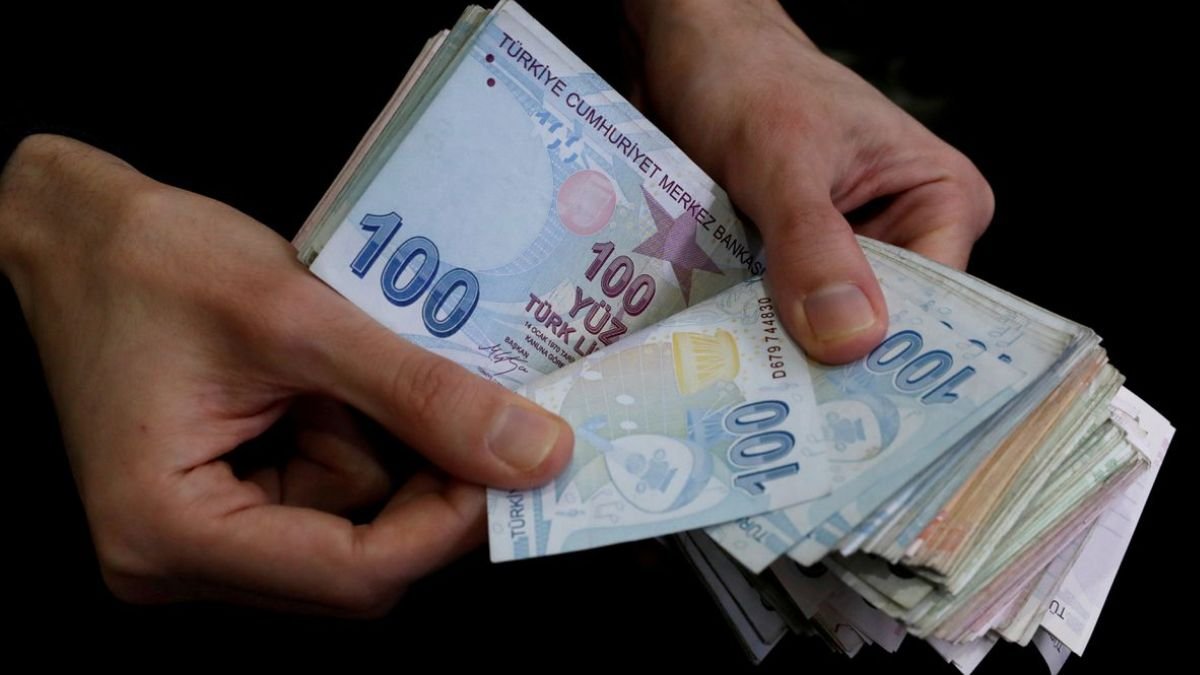On Thursday, Turkey’s lira fell to a record low against the US dollar after the country’s central bank cut interest rates despite rising inflation.
While the typical central bank playbook calls for higher interest rates to reduce consumer demand and keep inflation under control, Turkey’s central bank is taking a different approach due to ongoing pressure from the country’s president, Recep Tayyip Erdogan.
On Thursday, the Turkish central bank cut rates by 100 basis points, lowering the one-week repo rate to 12% from 13%. The rate cut on Thursday came after the country decided to cut rates by 100 basis points in August, which was followed by an additional 500 basis point cut since the end of 2021.
“Leading indicators for the third quarter continue to point to a loss of economic momentum as a result of declining foreign demand. It is critical that financial conditions remain favourable in order to maintain the momentum of industrial production growth and the positive trend in employment “According to Turkey’s central bank.
The rate cuts are viewed as a move to help stimulate the country’s economy, which has been ravaged by high inflation. But rate cuts haven’t helped so far, and Turkey’s decision contradicts previous central bank experiences in lowering inflation.

South Africa’s Reserve Bank raised interest rates by 75 basis points on Thursday, returning them to pre-pandemic levels. According to the bank, inflation risks remain high, and it has consistently sought to protect foreign cash inflows seeking higher local interest rates in order to protect the rand’s value and thus guard against higher imported inflation.
Turkey’s quantitative easing during a period of soaring inflation has sent its currency into a downward spiral relative to the US dollar. The Lira is down nearly 30% year to date versus the US dollar, and it is down roughly 70% in the last three years.
It remains to be seen whether Turkey’s unconventional monetary policy can contain inflation, stabilise its currency, and stimulate economic activity, but the signs are not promising.
Don’t forget to follow us on Facebook | Instagram | Twitter | LinkedIn to get the latest updates from Cape Town Tribune






